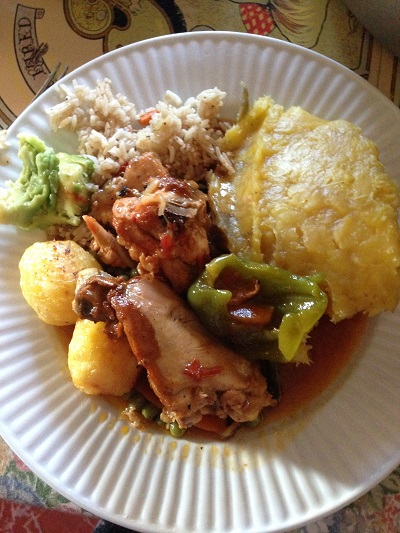Project description
The Catering and Hospitality Empowerment Program aims to provide a transformative platform for learning and growth, particularly targeting vulnerable children and youth. By engaging in catering and hospitality activities, participants will not only acquire culinary skills but also develop essential life skills such as teamwork, creativity, attention to detail, and cultural appreciation
The Catering and Hospitality Program is a transformative initiative aimed at providing culinary training and life skills development opportunities to vulnerable children and youth. The catering part of the project is divided into two main components: Bakery and Cookery.
The Bakery component will focus on equipping participants with skills in baking various pastries, breads, and confectionery items. This will involve hands-on training in a commercial bakery setting, covering topics such as ingredient handling, baking techniques, food safety, and presentation.
The Cookery component will concentrate on teaching participants the art of preparing various cuisines, including local and African dishes. Participants will learn about food preparation techniques, menu planning, plating, and culinary hygiene practices.
Hospitality is explained and practiced during the training. This project might also have a very positive effect, due to the acquired knowledge and skills on the success for Bonga Safari. Benefit might be achievable within short timeframe when the participants are ready to take orders from local business.
Challenges
- Limited access to culinary training facilities.
- Financial constraints for participants to afford professional training.
- Lack of awareness about career opportunities in the hospitality industry.
Solutions
- Partnering with local culinary schools to provide training facilities.
- Offering scholarships or financial aid for participants in need.
- Conducting career awareness workshops to highlight opportunities in the hospitality sector.
Scope
- Identifying and selecting 40 vulnerable children and youth as participants.
- Developing a comprehensive curriculum tailored to the needs of vulnerable participants, covering both bakery and cookery components.
- investigate costs/budget and materials needed
- Conducting theoretical and practical training sessions in bakery and cookery.
- Providing hands-on experience in commercial kitchen environments.
- Offering certification upon successful completion of the training program.
- Providing mentorship and support for participants seeking employment opportunities.
- Establishing a feedback mechanism to track participants' progress post-training.
- Evaluating the program's impact on participants' lives and the community.
Project Breakdown
- Stage 1: Preparation [15%]
- Identify and select participants based on vulnerability criteria.
- Secure partnerships with culinary schools for training facilities.
- Develop a curriculum tailored to the needs of vulnerable children.
- Stage 2: Training [40%]
- Conduct culinary training sessions focusing on food preparation, presentation, and service.
- Provide hands-on experience in a commercial kitchen environment.
- Offer certification upon completion of training.
- Stage 3: Career Development [30%]
- Organize job fairs and networking events with local hotels and restaurants.
- Facilitate internships for participants to gain practical experience.
- Provide mentorship and support for participants seeking employment.
- Stage 4: Sustainability [15%]
- Establish a feedback mechanism to track participants' progress post-training.
- Create alumni networks to support ongoing career development.
- Evaluate the program's impact on participants' lives and the community.
Expected from Project Facilitator
- Identify and select 40 vulnerable children and youth as participants.
- Develop a comprehensive curriculum tailored to the needs of vulnerable participants, covering both bakery and cookery components.
- Investigate costs/budget and materials needed.
- Conduct theoretical and practical training sessions in bakery and cookery.
- Provide hands-on experience in commercial kitchen environments.
- Offer certification upon successful completion of the training program.
- Provide mentorship and support for participants seeking employment opportunities.
- Establish a feedback mechanism to track participants' progress post-training.
- Evaluate the program's impact on participants' lives and the community.
- Coordinate with stakeholders and ensure successful implementation.
- Report to the review committee of the organisation.
- Determine the exact budget based on the project's scope and requirements.
Definition of "Done"
- All 40 participants have successfully completed the training program and received their certifications.
- Learning materials for both bakery and cookery components have been created and made available through the online school.
- The first product (baked goods or prepared meals) has been sold, generating revenue for the participants.
Impact Assessment
- to be defined

